FullBleed.TV get up close and personal with Wallace, following him as he captures the ultra-rich using his debated ambush street photography style – offering a revealing glimpse into their frivolous world.
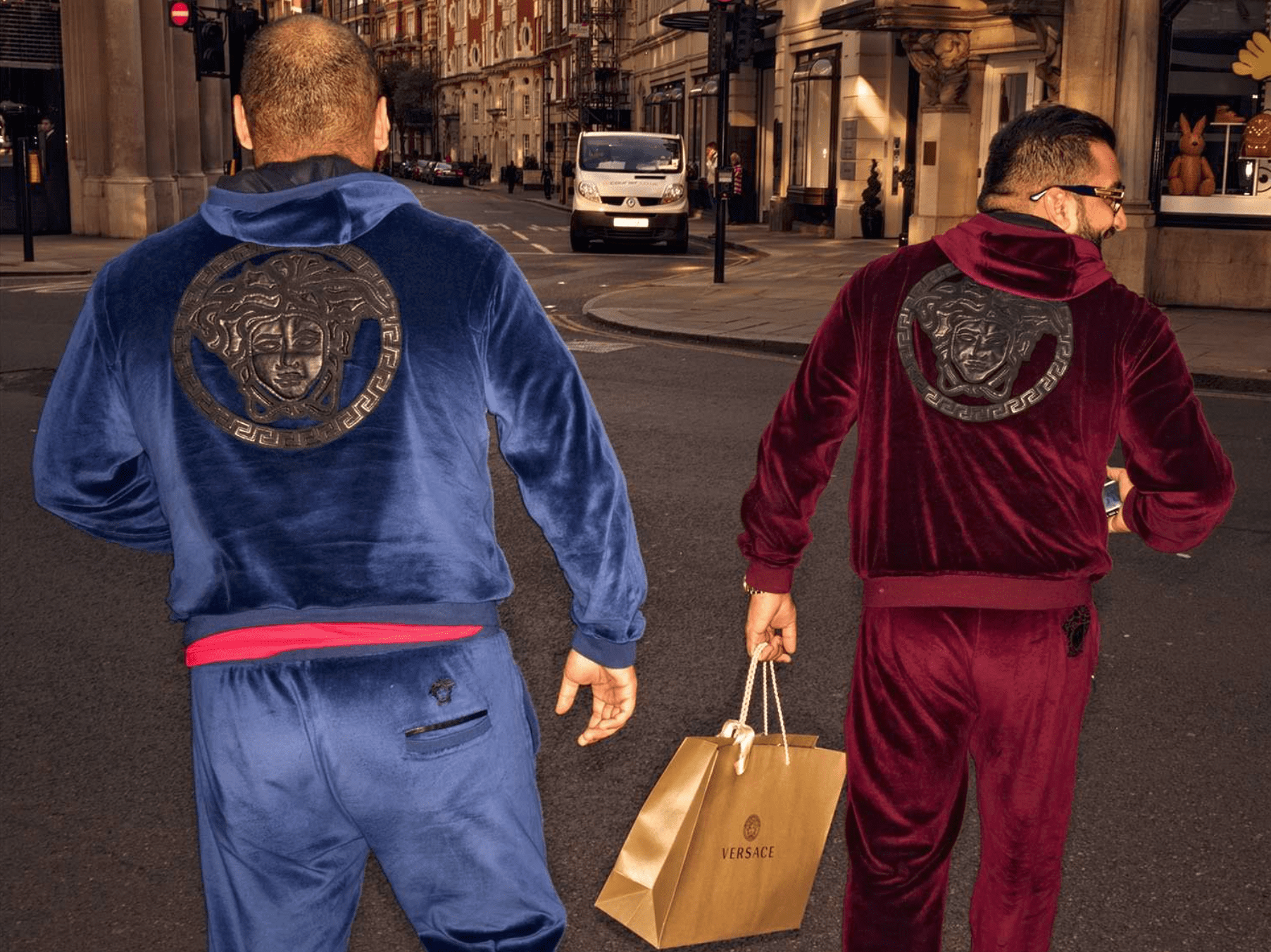

FullBleed.TV get up close and personal with Wallace, following him as he captures the ultra-rich using his debated ambush street photography style – offering a revealing glimpse into their frivolous world.
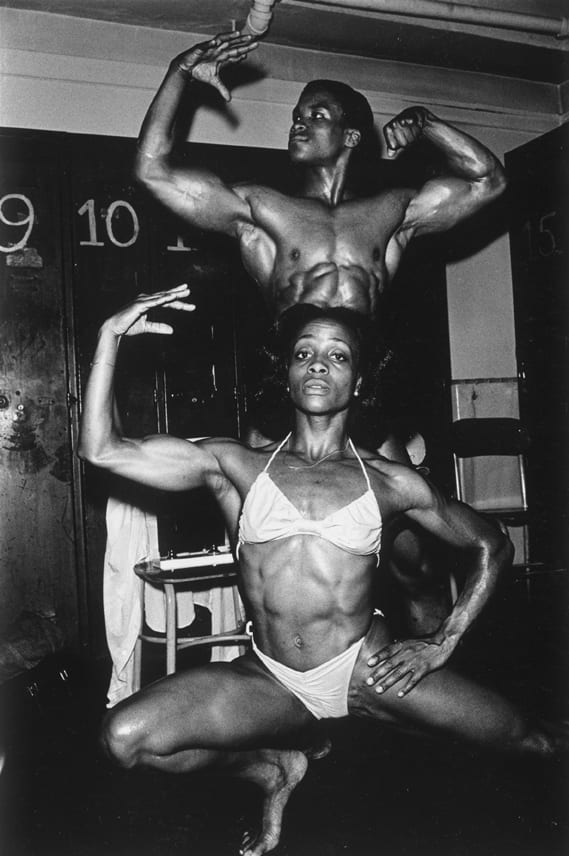
“Arlene had a unique vision of the world around her,” says gallerist Daniel Cooney. “She was kind and compassionate and she had a wonderful sense of humour, and all of it came through in her work. That’s what made her images so beautiful and unique.” Born in the Coney Island district of New York and growing up in the Crown Heights district of Brooklyn, Arlene Gottfried studied at the Fashion Institute of Technology in New York and initially found work with an advertising agency before going freelance for publications such as The New York Times Magazine, Life, and Newsweek. But her true passion was for portraits shot on the fly, and often on the street, and it was for this work that she became celebrated.
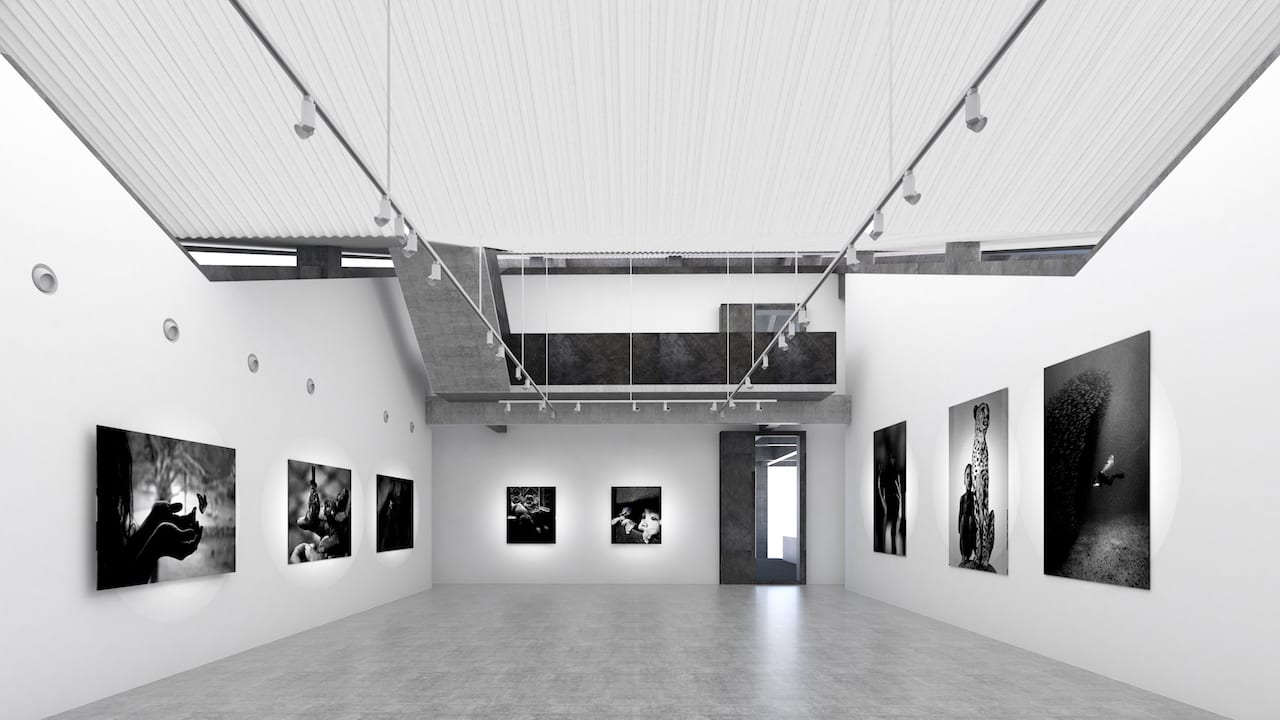
Lianzhou has developed a reputation as an important international location for Chinese photography, having hosted an annual photography festival since 2005. Now it is hoped that the opening of a brand new museum of photography this December will cement Lianzhou as a destination for national and international photographic excellence.
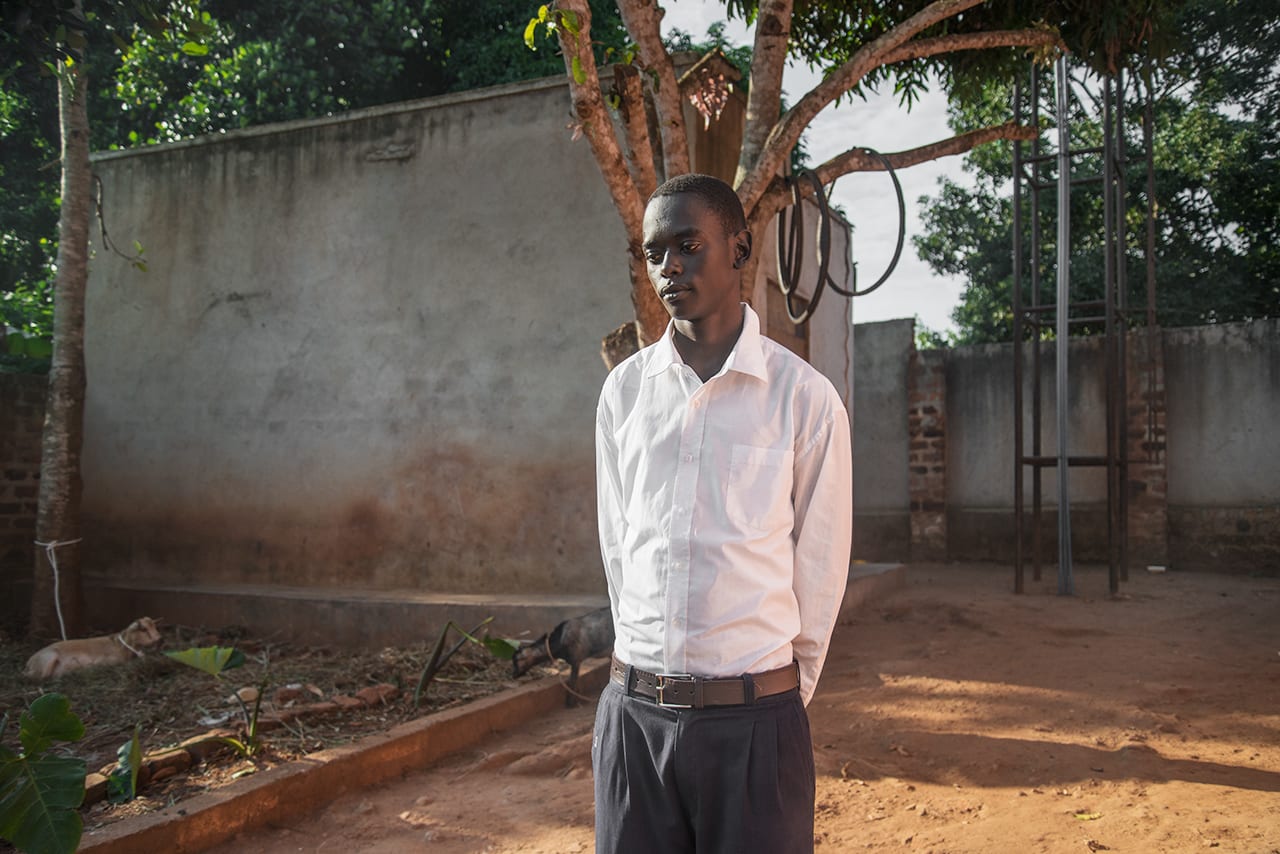
Uganda’s population is one of the youngest in the world, with 77% of the population under the age of 30, and 52% less than 15 years old. It’s also one of the fastest-growing, with a population grown rate of 3.3%, compared to a world average of 1.2%. It’s a dynamic that, as Irish photographer Robert Ellis points out, means the country is poised for rapid change.
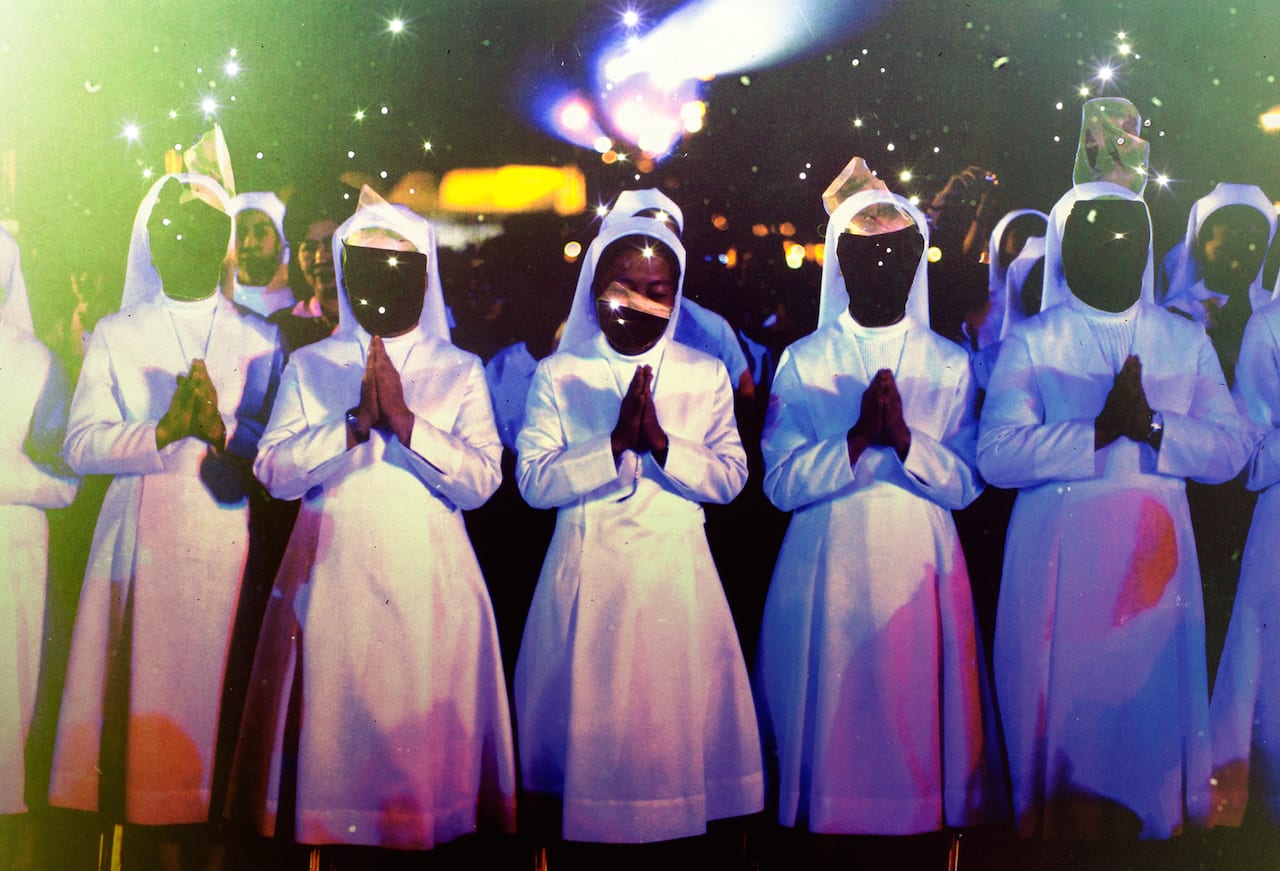
“Just a few days after the opening, soldiers entered the gallery and removed some of the photographs,” says Harit Srikhao, a runner-up in this year’s BJP Breakthrough Awards. The Thai photographer, whose series Whitewash uses the military crackdown in 2010 as its starting point, questions government control, censorship and propaganda. “You are able to talk about politics in public, but if you talk ‘bluntly’, you would be arrested,” says Srikhao.
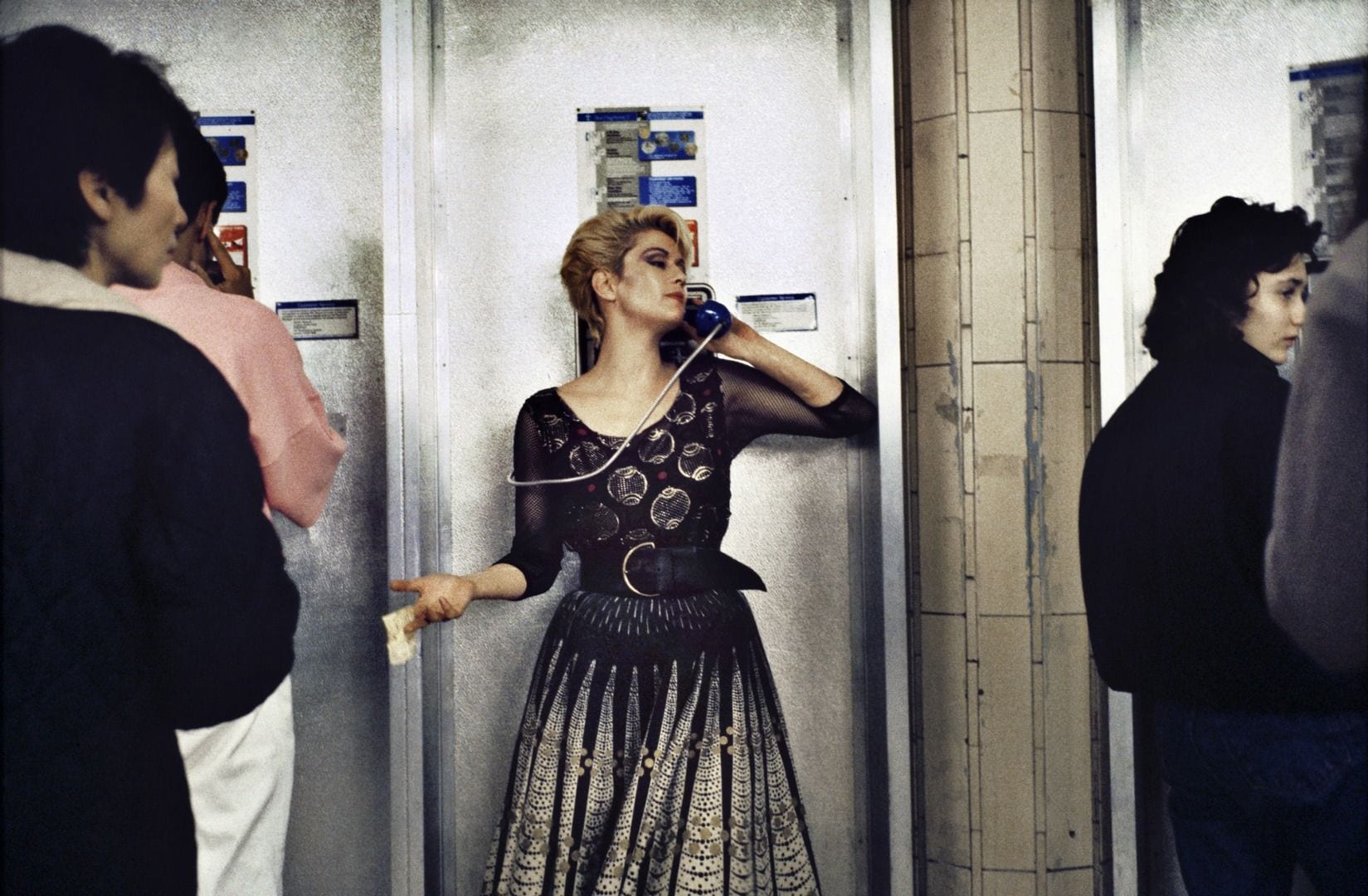
Following our introduction of FullBleed TV, the BJP’s co-produced channel on photographers, we take a look at another of the channel’s short documentary features covering the story of British photographer Bob Mazzer and his iconic, four decade project of life on the London tube.
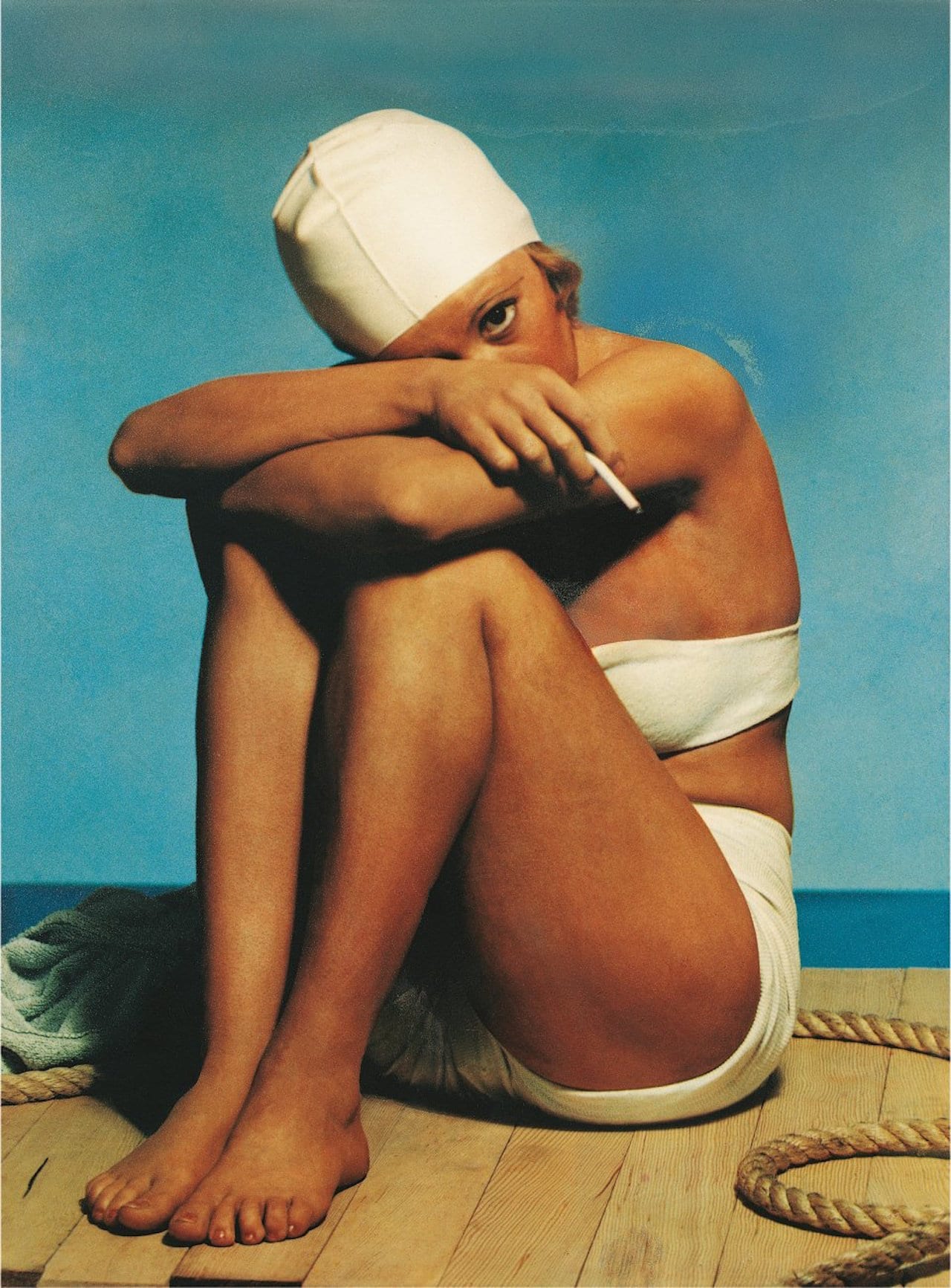
If you type “Paul Outerbridge” into a Google image search it doesn’t take long before work by other photographers turns up – images by contemporaries, such as Edward Weston, but also by successive generations of photographers who’ve been inspired by his work. The feminist Jo Ann Callis explicitly referenced Outerbridge’s nudes in her 1970s work, for example; in contemporary photography, the new wave of still life photography championed by image-makers such as Bobby Doherty and Grant Cornett references his work, especially his lurid use of colour. Outerbridge’s striking photography comes in and out of fashion, as it did in his own lifetime, but, nearly 100 years on, somehow still retains a contemporary edge.
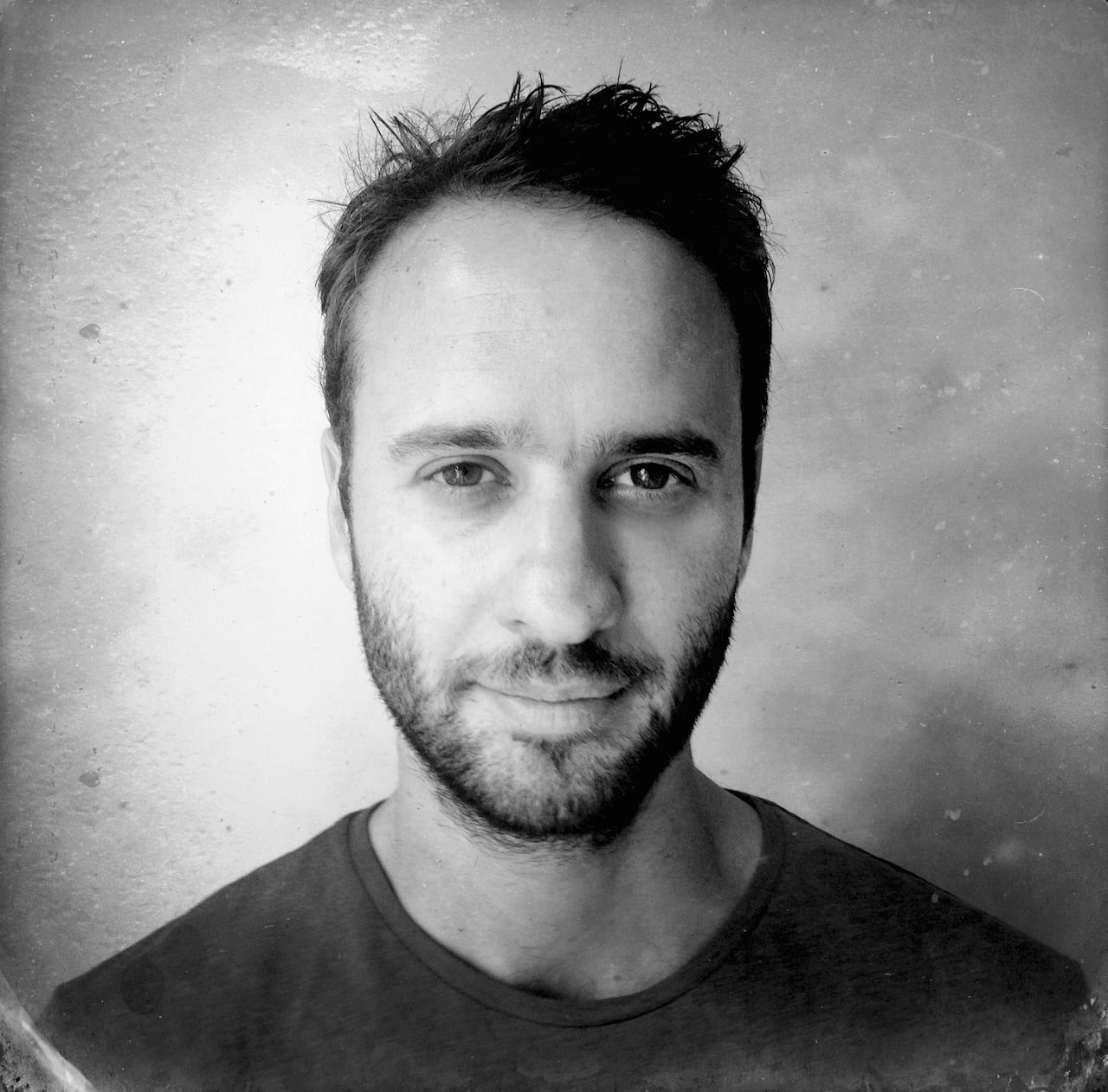
When Mathias Depardon was released by the Turkish government on 09 June, he had been held in custody for 32 days. Detained on 08 May in Hasankeyf in South East Turkey, the French freelancer had been on his very first day of shooting on assignment for National Geographic. “It was my first day photographing the new settlement of Hasankeyf, 300km from Batman,” he explains, adding that he had been in the region for 10 days and was driving back from Gaziantep when he was stopped.
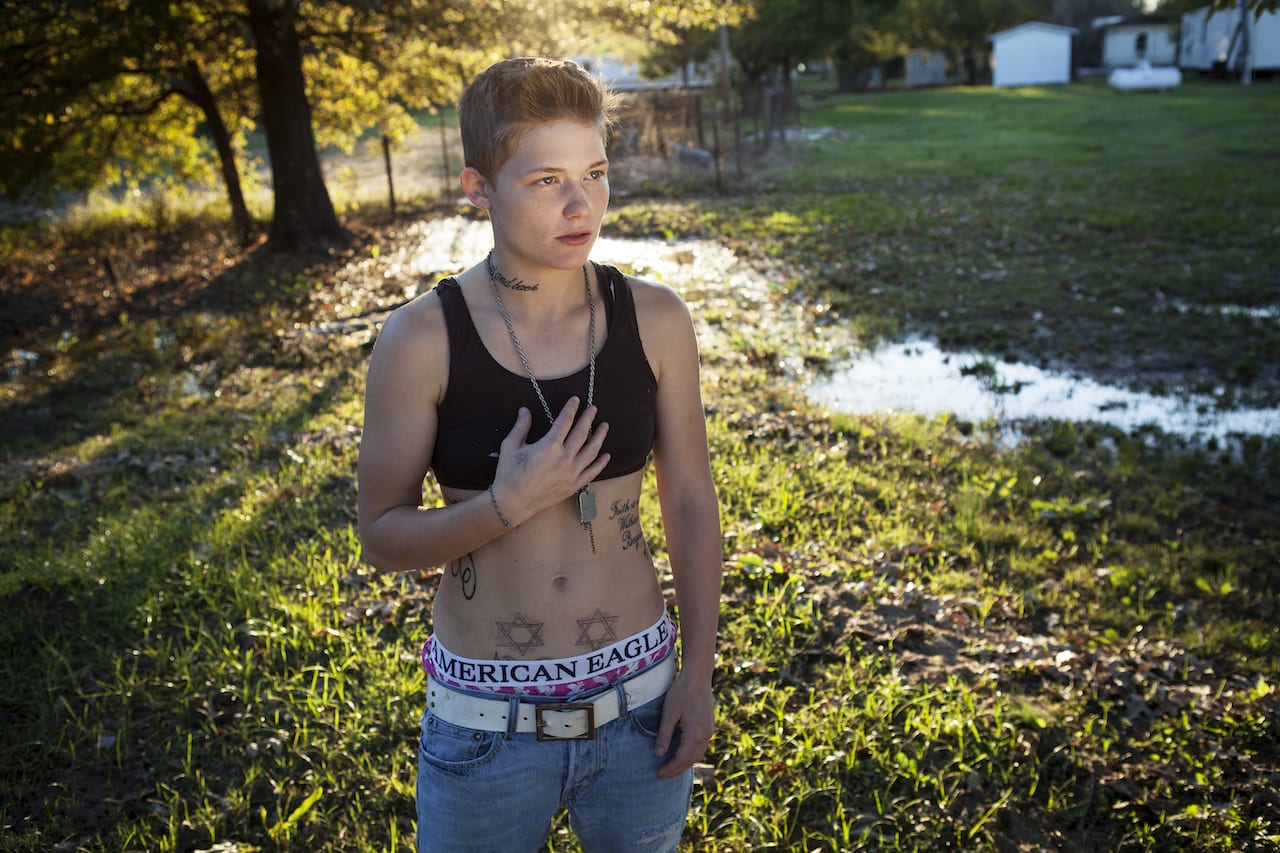
“Most people I meet are not satiated or fulfilled and desire more. Desire to be heard. Desire to be seen. Desire to connect and matter,” says Phyllis B. Dooney, the American photographer behind the photoseries Gravity is Stronger Here. The project, which started as an exploration of the American South, centres on a Greenville family trying to negotiate life in middle America. Their needs and wants are the same as those across the country: to be heard, to be seen, to be accepted.
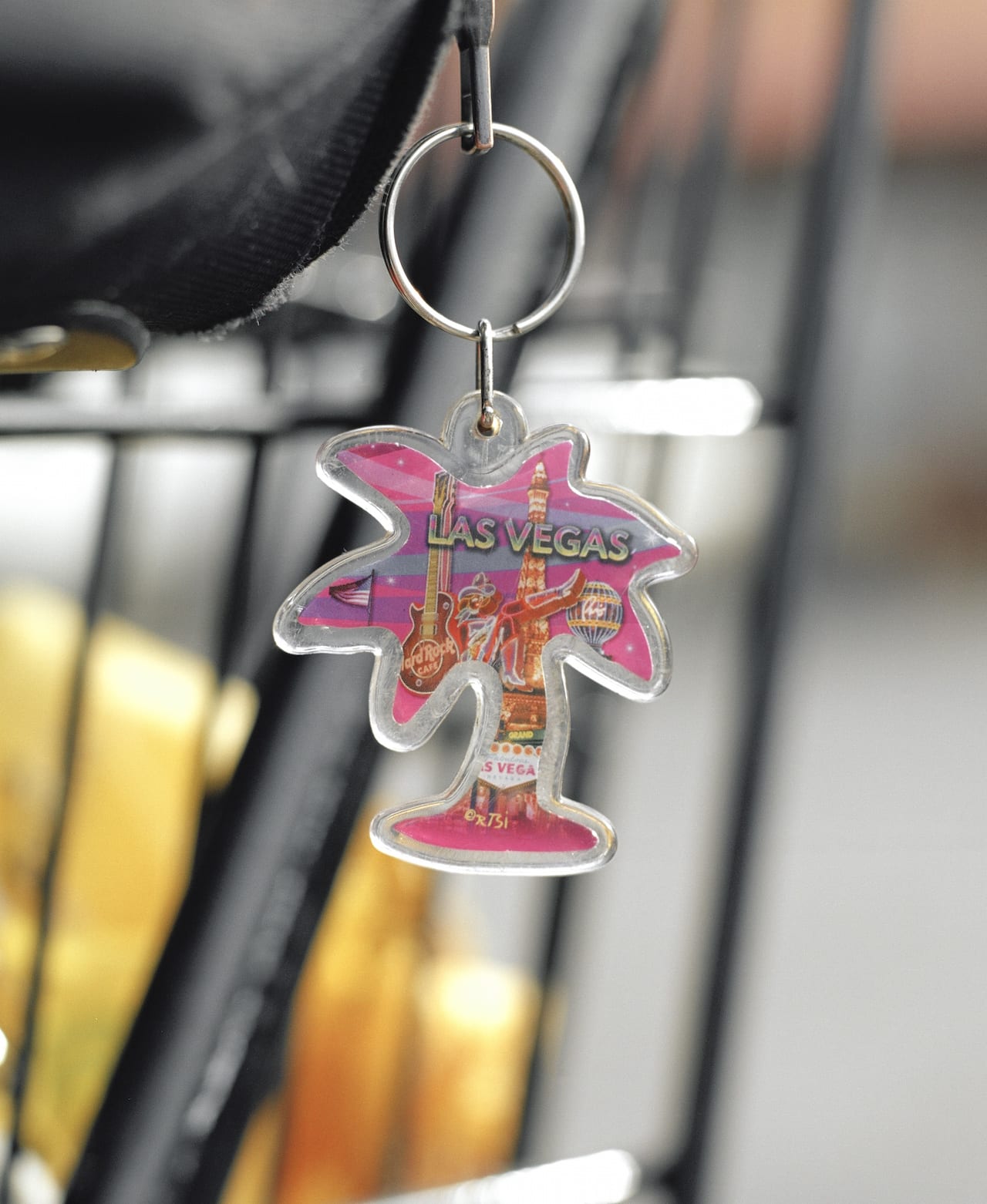
From vacant parking lots to intimate street portraits via expansive stretches of the Mojave Desert, the Las Vegas of Jack Minto’s project, Maryland Parkway, is somewhat unfamiliar. Bypassing the glitzy lights, flamboyant buildings and raging commerce that characterise the famous Strip, the 21-year-old photographer turns his lens on a nondescript parallel road, two miles east of the action and home to many “misplaced” local residents, in a bid to expose the harsh reality of a city divided by economic inequality.